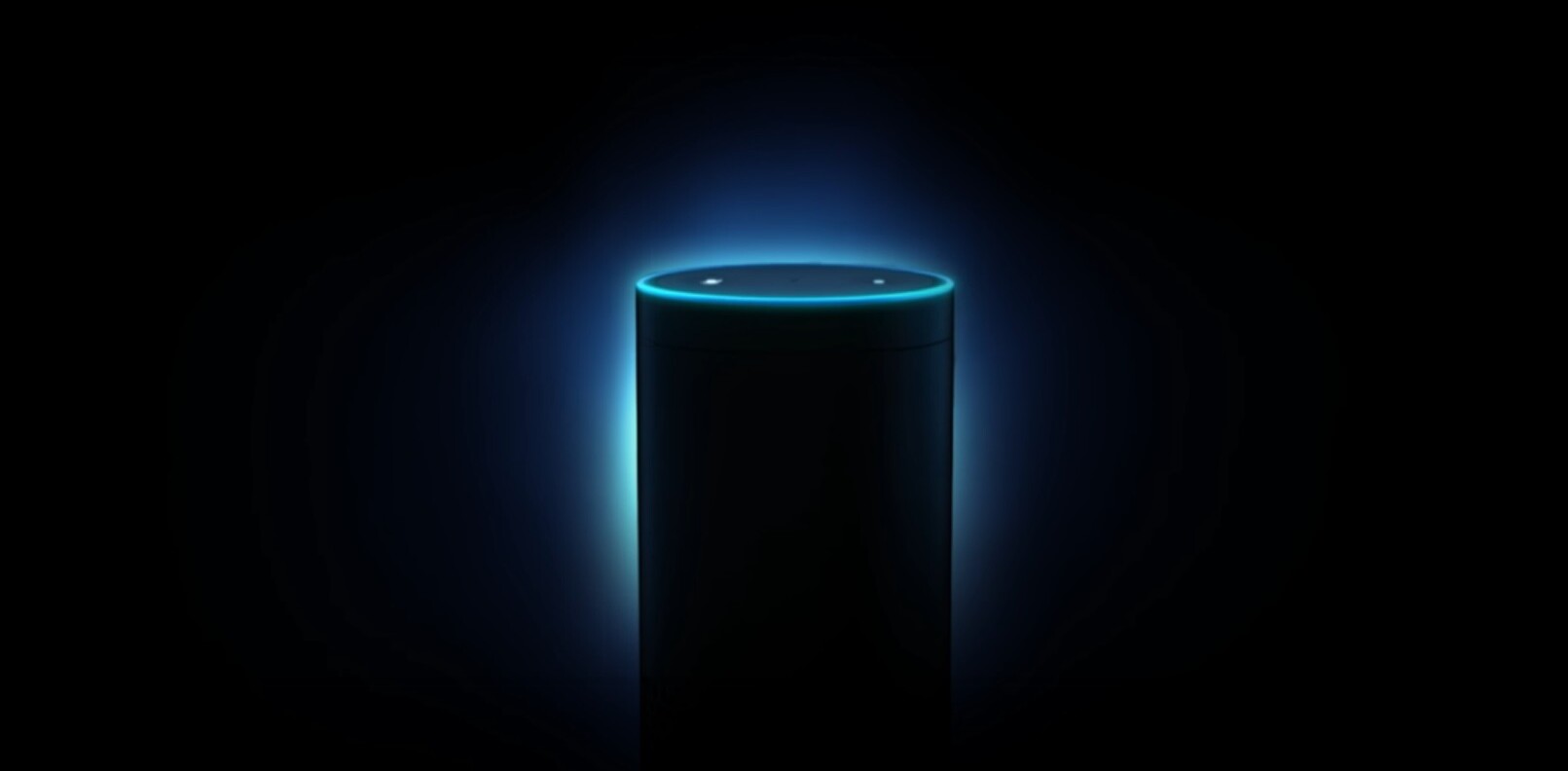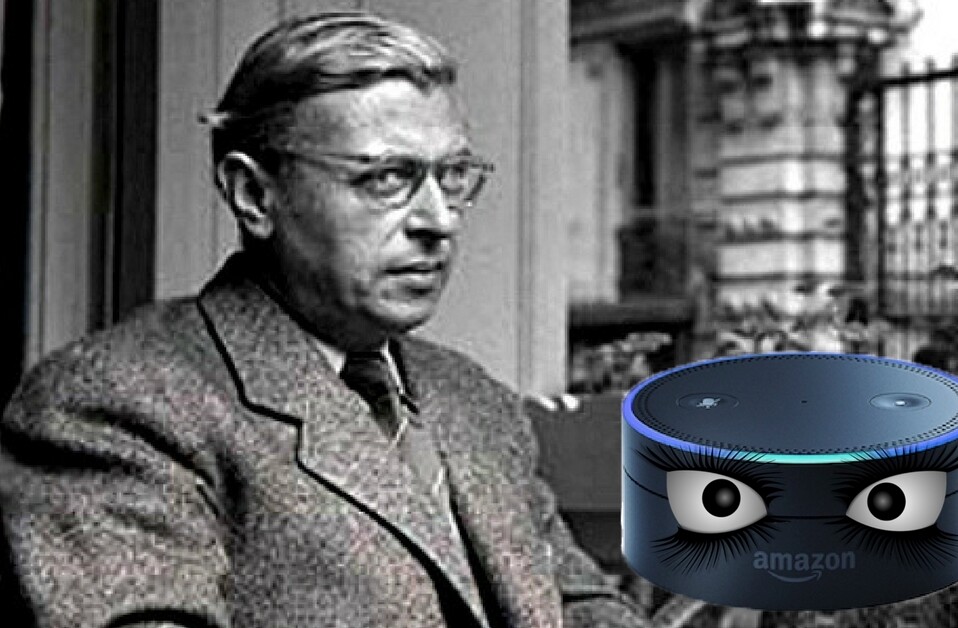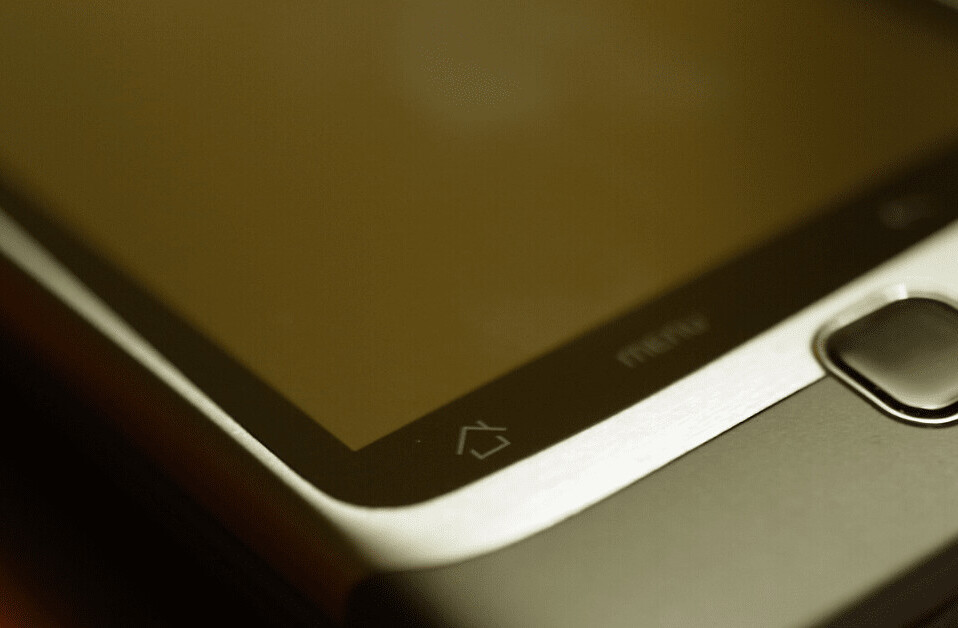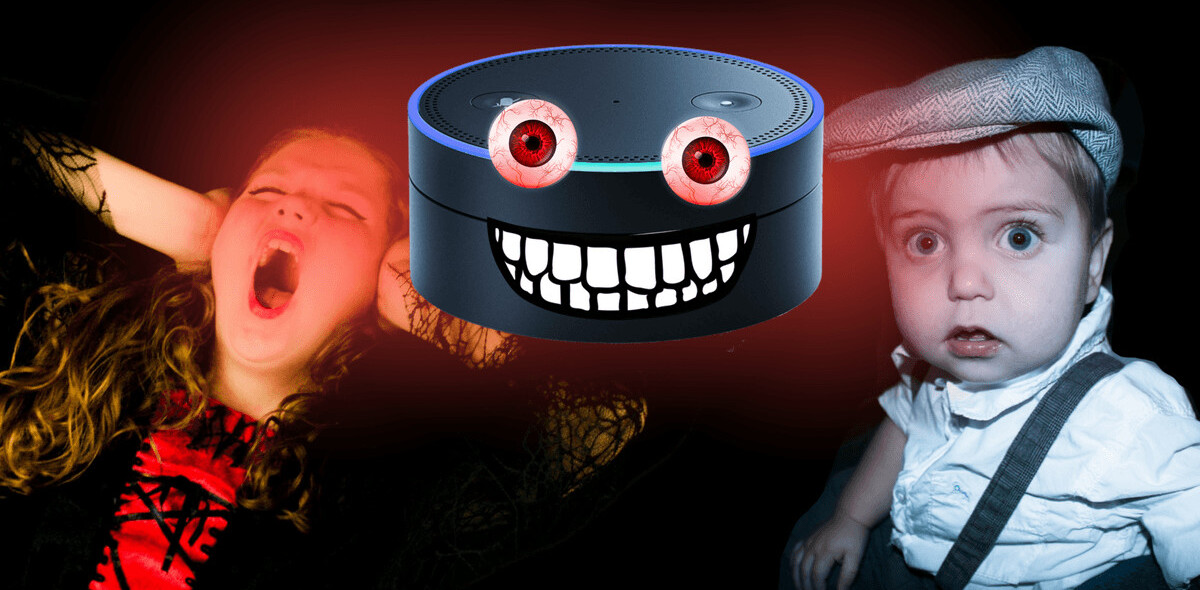
Ah, welcome welcome. I see you enjoyed last week’s edition and are back for more. Well we won’t disappoint. For the uninitiated (go back and start at post one, please) the team at TNW has made a New Year’s Resolution to read a bit more. So every week, a select number of our team will be sharing with you what’s currently living on their nightstand, or saved in Pocket, or is sitting in that browser tab begging to be read.
This week we have stories on how the new American dream has lost its rose-tinted sheen (especially for immigrants), how someone convinced a doctor to insert electrodes into their brain and how introverts have more to offer than society thinks.
The Hour Between Dog and Wolf: Risk Taking, Gut Feelings and the Biology of Boom and Bust – John Coates
I finally finished this extremely intriguing and thought provoking book. In short it is about how taking risks have a huge effect on your body and mind. The author also provides examples from Wall Street to explain how adrenaline, cortisol and other chemicals in your body affect the way you think and make decisions. It’s really a great read for anyone who wants to find out how your body works generally and get an insight into what everyday feelings such as butterflies in your stomach mean.
Be prepared for some deeply insightful facts that you can quiz your best friends on later.
Definitely worth a read if you work in a high-stress environment!
– Markus Leming, Business Developer
The Neurologist Who Hacked His Brain—And Almost Lost His Mind – Wired
Artificial Intelligence is a term first coined by computer scientist John McCarthy way back in 1955. I came upon it in 2001, in the “AI – Artificial Intelligence” movie with Jude Law. Still, back then, it was all a Hollywood story to me, something that would never be possible.
Fifteen years later, Phil Kennedy, an american neurologist hired a neurosurgeon in Belize to implant several electrodes in his brain to try to decipher the neural code of human speech – and eventually speak through a computer with mind power.
The article describes in details the surgery, what went wrong, what worked and how this crazy and yet brave experiment can help shape the future of human and machine interaction research.
– Eliz D’Agostin, Brand Ambassador
Why So Many Minority Millennials Can’t Get Ahead – The Atlantic
Breakthrough (n): a sudden, dramatic, and important discovery or development. That was the feeling I got after reading Mel Jones’ dissection of why millennials of color have a difficult time getting ahead in today’s world, and why we must continue to push for diversity in the media, workplace, and everything in between.
Growing up in Queens in an immigrant Thai family, being surrounded by various ethnic groups was the norm. It wasn’t until college that I felt like a “minority” and realized how that would later affect my career and personal development.
You see, 2015 was a tough year for me. My family went through big financial and health problems and I was expected to contribute. This halted my own personal goals; I couldn’t move out to my own apartment because I spent savings supporting my family and failed to invest money in lucrative assets like my affluent friends were.
The media loves writing stories about millennials and their selfish, careless, shoot-for-the-stars persona. Jones’ account proved that we, as minority millennials, aren’t alone in the fight against this narrative.
I highly suggest everyone read this piece so to better understand not just why we need to give minorities more opportunities, but witness from a first-person perspective the potential effects. It’s the most accurate depiction of the new American dream.
– Natt Garun, US Editor
Quiet: The Power of Introverts in a World That Can’t Stop Talking – Susan Cain
A while ago I watched this TED Talk from Susan Cain where she talked about her research and book Quiet. It captured my imagination immediately and I’ve read it twice!
The book describes how introverts are underestimated in our competitive society where being extroverted almost has become a byword for how to climb the career ladder. There is no good or bad on either side of the introversion/extroversion spectrum, all we can do, says Cain is try to leverage the skills we’re good at, instead of pine for those we don’t have.
Cain takes appealing examples from people like Rosa Parks and Steve Wozniak whose success can be put down to their naturally introverted nature and not despite it.
I consider myself an introverted person and because of the book, I know the strengths of being it.
– Julian Aijal, SEO Specialist
This is a #TNWLife article, a look into the lives of those that work at The Next Web.
Get the TNW newsletter
Get the most important tech news in your inbox each week.





